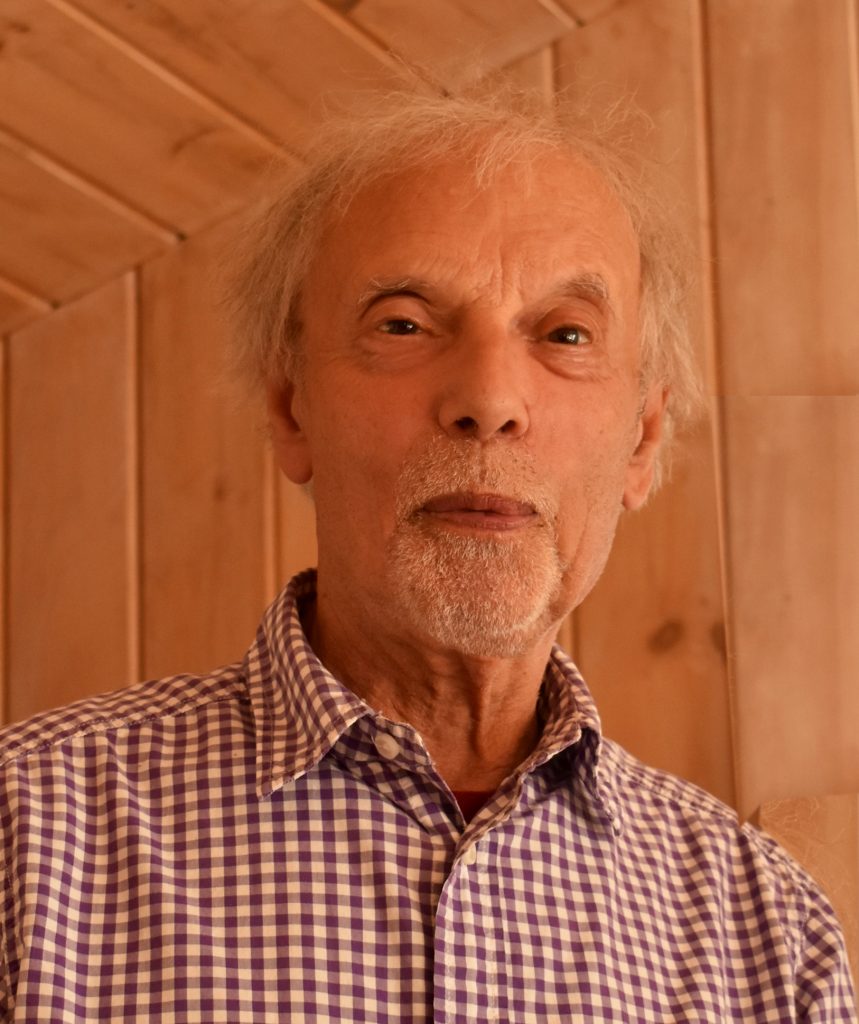By Otto Laske and originally published by nxtstg.org. It is the fourth in a series of podcasts. EE Magazine has republished Episodes one, two and three.
In this episode we had a intense dialog with Otto Laske about the development of adults and the effects for organizations. This talk was a deep dive into the consequences the developmental stage of adults has on organisations and their ability to respond to the challenges of our VUCA world.
We explored the interdependence between personal and organizational growth and what is needed in order to transform into a learning organizations. A lot of questions appeared that are worth thinking about.
Due to the recording environment the quality is not as good as it could be, but we think it is very worth listening to anyway.
Click Here to listen
Otto’s Bio
Otto Laske is a multidisciplinary consultant, coach, teacher, and scholar in the social sciences. His focus in both private and organizational venues is his clients’ emotional and cognitive potential for creative and imaginative work. His overriding strength is the capability to invite people to dialog in trusting and thoughtful ways by unburying their inner voice. He is a specialist in developmental interviewing and listening.
As a coach, Laske’s central perspective is that every individual creates his or her own world that has to be respected and understood from the inside out.
As an organizational consultant, he is guided by the notion that both organizations and the public sphere depend for their strength and flexibility on supporting people in their life-long endeavor to construct the real world in ever more realistic ways, by moving away from simplistic emotional and cognitive models of themselves and their world.
He often strives to make clients aware of their own psychological profile (as far as he understands it) as a potential barrier against their own development as adults.
Otto is internationally known as a teacher and mentor of evidence-based developmental coaching. Since 2000, he has educated an international student body in a methodology of social- emotional and cognitive coaching called CDF (Constructive Developmental Framework) at the Interdevelopmental Institute, Gloucester, MA, USA. He has successfully worked with teams since 2015, especially teams on their way to self-organization.
Some Remarkable Quotes by Otto
“Compassion cannot function without developmental understanding and a certain humility in being able to both separate oneself from others and link oneself to them.”
“All of us can learn from each other. So by coaching-mind I mean being open to helping others and being helped by them. So it is a mutuality. It is not that here is a coach and there is a coachee, that is a ludicrous distinction, because developmentally coach and coachee are sitting in the same boat, which is a developmental journey.”
“Thinking for me, good thinking, developed thinking has to do with how close are you to how the real world functions. Of course nobody knows, but I cannot think of thinking without the world that I am thinking about. And I actually think that there are degrees of coming close to, or being distant from this thing we call ‘reality’.”
“I think we have not moved so far away from the times of Julius Caesar. The world was always complex. This invention of a “VUCA world” is the creation of a logical mind which has not yet caught up with the complexity of the world and therefore finds it so bewildering. While what we are seeing before us may be more emphatically in motion, and complex and confusing, I think essentially reality hasn’t changed, actuality has changed.”
“I think a leader who is navigating an ocean is a very different person from one who is sitting at his desk looking out and seeing everything is in order as it should be. So there is always a suspicion that I may not be right, that I need help to understand something more completely. And so I need to engage others to help me at whatever level of development I am.”
“Learning does not offer the guarantee of development…. In an organisation we need to develop a culture in which people get excited about their own development and can be employed in such a way that this development actually happens. And not just learning.”
“As Elliott Jaques always said ‘Competences you can decide not to use, but you cannot decide not to use who you are’”






